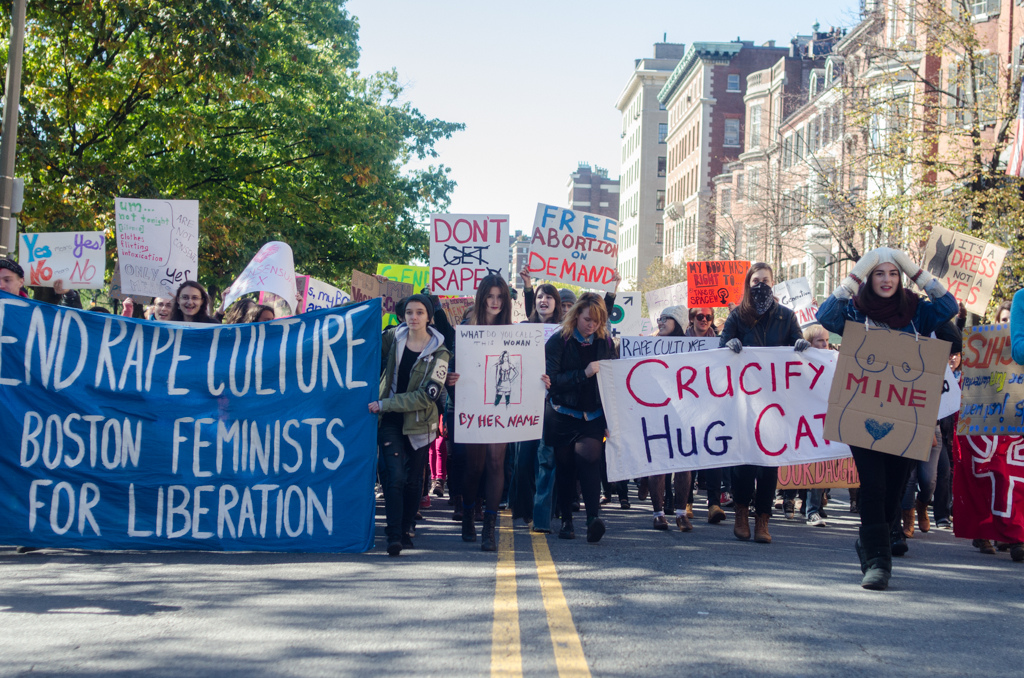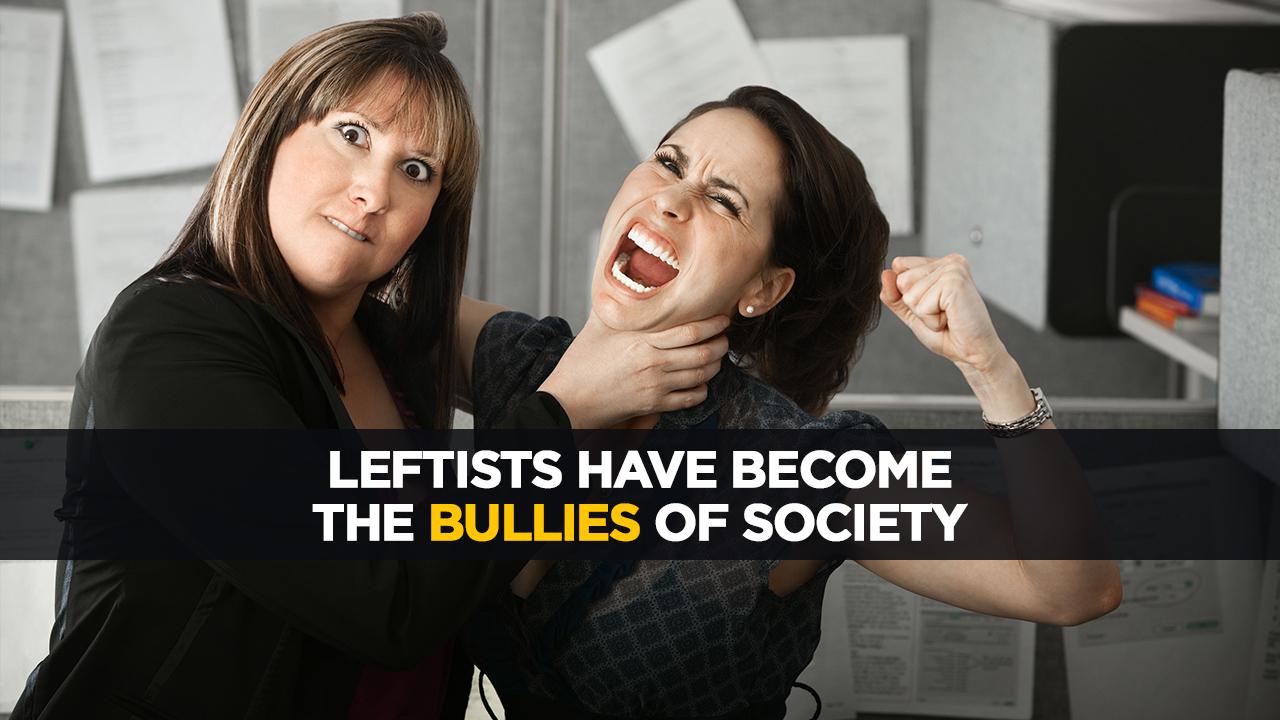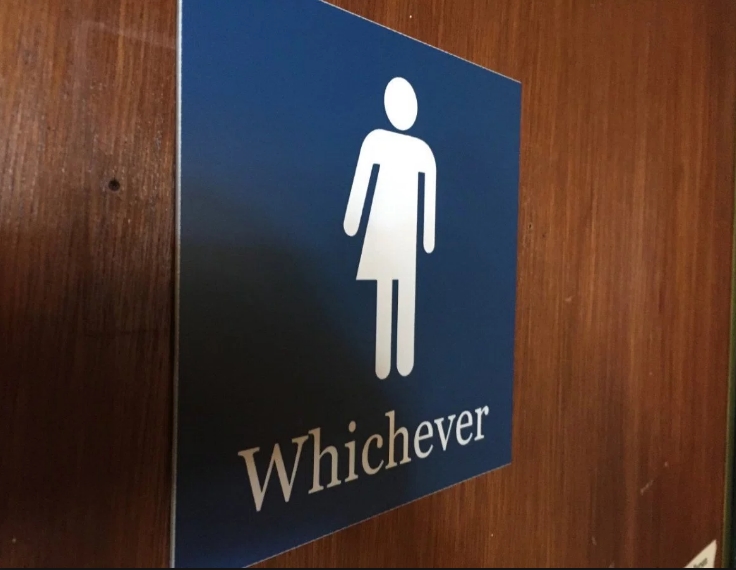Teen Vogue promotes “The Legacy Of Karl Marx” to its 3.3 million Twitter followers
06/27/2019 / By News Editors

Calling him the “famed German that co-authored The Communist Manifesto”, as if the work should be celebrated, the historical scholars over at Teen Vogue are now indoctrinating their young readers as to why they should be reading Karl Marx.
(Article by Tyler Durden republished from ZeroHedge.com)
A recent article in Teen Vogue celebrates Marx’s 200th birthday and says Marx’s ideas “can still teach us about the past and present.”
Yeah, here’s what didn’t work – any why we should never attempt it again.
And perhaps in an attempt to align themselves with the 2020 Democratic Presidential candidates (we’re only half joking), Teen Vogue tweeted out “The legacy of Karl Marx’s ideas” to its 3.3 million Twitter followers just days ago.
The legacy of Karl Marx’s ideas and how they’re relevant to the current political climate: https://t.co/G9L2xUhkk1
— Teen Vogue (@TeenVogue) June 24, 2019
First, the article goes on to celebrate Marx’s resume:
The Communist Manifesto is most usually the work of Marx taught in schools, and he is one of the most assigned economists in United States college classes. Many may not know that he also studied law in university. He authored three volumes of Das Kapital, which outlined the fundamentals of Marxist theory of capitalism and also organized workers through the International Working Men’s Association, otherwise known as the First International.
He was an editor of a newspaper that was eventually censored by the Prussian government for speaking out against censorship and challenging the government. His writings have inspired social movements in Soviet Russia, China, Cuba, Argentina, Ghana, Burkina Faso, and more. Many political writers and artists like Angela Davis, Frida Kahlo, Malcolm X, Claudia Jones, Helen Keller, and Walter Rodney integrated Marxist theory into their work decades after his death.
Then, the article goes on to cite high school English teacher Mark Brunt, who encourages his students to “learn the legacy of Marx’s ideas”.
Brunt said: “I do a little role-playing with [my class]. [I tell them,] I’m the boss, you’re my workers, and you want to try to take me down. I have the money. I own the factory. I control the police. I control the military. I control the government. What do you guys have?”
He continued: “It’s always just one student, whose hand shoots up and goes, ‘We outnumber you!’”
Brunt then ostensibly uses that line of logic to try and empower students to rebel, teaching them about the tension between the proletariat and bourgeoisie, and reminding students that workers in factories “had very little control over their work, including their working conditions, compared to the profiteering factory owners.”

But then, almost comically, the article dryly notes: “…if such a revolution occurred in Brunt’s classroom, his students would overthrow him as a teacher — and the principal, the superintendent, and so on.”
But the indoctrination doesn’t stop there, with Brunt working to convince his students that they are being tricked, and could be playing into false consciousness. Brunt tells his students: “False consciousness is when you think that the social conditions are different than they actually are. You’re tricked into thinking your allies are different and your enemies are different than they actually are.”
And it’s not just Brunt the article cites. Teen Vogue also pointed out former Drexel professor George Ciccariello-Maher, who reminds his students that capitalism emerged through a “state of violence”:
“When I teach Marx, it’s got a lot to do with questions of how to think critically about history. Marx says we live under capitalism [but] capitalism has not always existed,” Ciccariello-Maher tells Teen Vogue.
“It’s something that came into being and something that, as a result, just on a logical level, could disappear, could be overthrown, could be abolished, could be irrelevant. There’s this myth of the free market, but Marx shows very clearly that capitalism emerged through a state of violence.”
Maher continues: “Dialectics means that the history moves forward not slowly or gradually or bit by bit, but it moves forward through the sort of crushing blows of struggles between generally two opposing ideas or groups or concepts or people.”
And of course, even if you don’t “identify” as a Marxist, the article notes, “…you can still use Karl Marx’s ideas to use history and class struggles to better understand how the current sociopolitical climate in America came to be.”

Read more at: ZeroHedge.com
Tagged Under: brainwashed, communist, evil, fascism, history, indoctrination, Karl Marx, left cult, Marxism, political climate, politics, real history, Teen Vogue, Twisted
RECENT NEWS & ARTICLES
COPYRIGHT © 2017 GROUP THINK NEWS



















